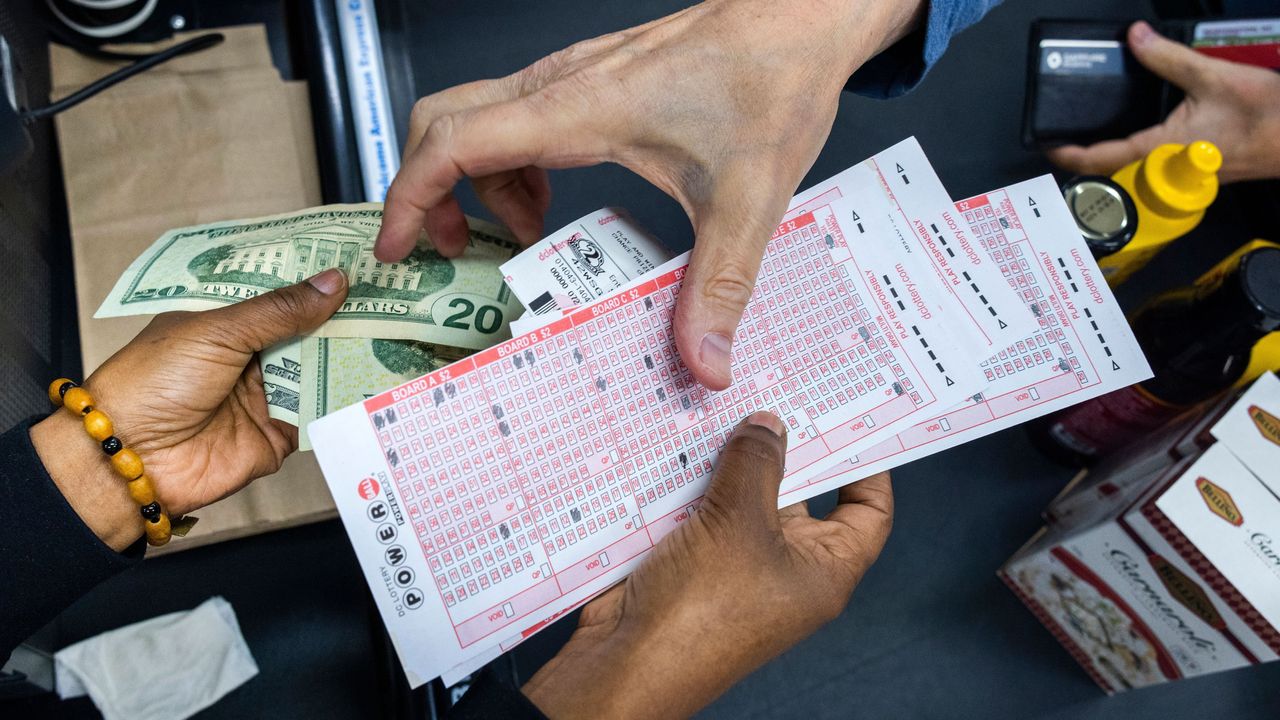Lotteries have long held a special allure for people across the globe. From the excitement of purchasing a ticket to the tantalizing dream of winning big, lottery gambling is a unique phenomenon that blends hope, luck, and the stark realities of probability togel online.
The Appeal of the Lottery
Lotteries appeal to the fundamental human desire for a change in fortune. Whether it’s the chance to escape financial hardship, fulfill a lifelong dream, or simply experience the thrill of a sudden windfall, the lottery offers a tantalizing promise. For many, buying a ticket is not just a bet against the odds but an investment in a brighter future.
The Reality of the Odds
However, the reality of winning the lottery is far from a sure thing. The odds of hitting the jackpot can be overwhelmingly slim, often millions to one. Despite this, millions of people continue to participate, driven by the belief that “someone has to win, why not me?” This optimism is a cornerstone of lottery gambling, sustaining hope against all statistical logic.
Social and Psychological Impact
Lotteries also play a complex role in society. On one hand, they contribute substantial funds to public services and infrastructure through taxes on ticket sales. This aspect often serves as a justification for their existence, framing lottery gambling as a voluntary contribution to the greater good.
However, the social impact of lottery gambling can be less rosy. Studies have shown that lottery participation tends to be higher among lower-income groups, where the desire for economic improvement is most acute. This demographic is also more vulnerable to the financial risks associated with gambling.
Psychologically, winning the lottery can be a double-edged sword. While it can bring financial freedom and opportunities, it also presents challenges. Sudden wealth can strain personal relationships, expose winners to financial exploitation, and even lead to a loss of identity.
Responsible Gambling and Regulation
In response to these concerns, many countries have implemented regulations aimed at promoting responsible gambling. These measures include age restrictions, limits on ticket purchases, and funding for addiction treatment programs.
Despite these efforts, the lure of the lottery remains strong. As long as there are dreams to be fulfilled and fortunes to be made, lottery gambling will continue to be a fixture of our society. Balancing the hope it offers with the risks it poses remains a challenge, making it essential for individuals to approach lottery gambling with caution and awareness.
